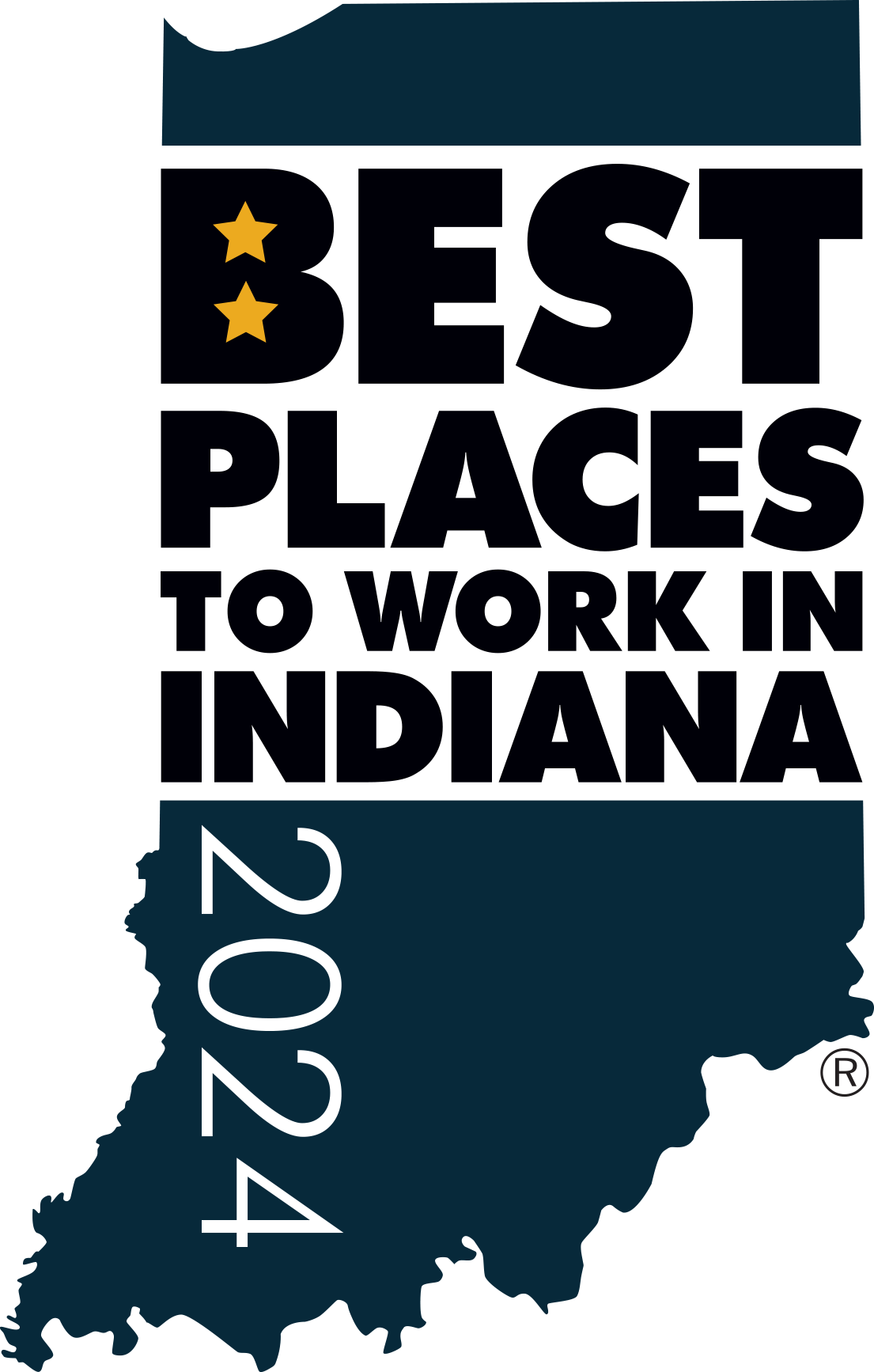The Rising Importance of Soft Skills in Modern Hiring
In an age where the infusion of artificial intelligence and technological advancements has leveled the playing field of technical skills, the focus in hiring practices is shifting.
Today, soft skills like emotional intelligence, adaptability, and collaborative abilities are not just nice-to-haves; they’re essential for organizational success in a dynamic business environment.
The Soft Skills Imperative
As per a 2023 report by InStride, 79% of organizations are actively seeking staff with both technical and interpersonal skills. Furthermore, Indeed lists communication, adaptability, teamwork, creativity, and leadership among the top soft skills sought after in the workplace. These findings underscore a significant pivot in hiring practices – from an emphasis on hard skills to a balanced approach that includes soft skills.
Why Soft Skills Matter
- Adaptability and Problem-Solving: In a business world defined by constant change, the ability to adapt and solve problems creatively is invaluable. A workforce adept in these skills is better equipped to navigate uncertainties and complexities.
- Communication and Teamwork: With remote work and digital communication becoming the norm, effective communication and teamwork are crucial. They foster collaboration, innovation, and a positive work culture.
- Emotional Intelligence: This skill enhances workplace relationships, leadership, and team dynamics, directly impacting productivity and employee satisfaction.
Challenges in Assessing Soft Skills
While the importance of soft skills is widely recognized, assessing them remains a challenge. Traditional interviews and behavioral tests often fall short in accurately gauging these skills. Advanced approaches, such as AI-powered assessments, are emerging as solutions. These technologies can objectively evaluate soft skills, tailored to specific job roles and industries.
Addressing the Skills Gap
The skills gap is not limited to technical abilities. A significant part of this gap includes soft skills, with 87% of companies acknowledging a skills gap or anticipating one soon, according to McKinsey. By focusing on soft skills in hiring practices, companies can bridge this gap, building a workforce that is not only technically proficient but also adept in interpersonal and adaptive skills.
The Bottom Line
Organizations that fail to recognize the importance of soft skills risk falling behind. With the right balance of technical and soft skills, companies can build resilient, adaptable, and innovative teams. It’s time for hiring practices to evolve, prioritizing soft skills as a key component of employee success and organizational growth.
The modern business environment demands a workforce that is not just technically skilled but also equipped with strong soft skills. Companies must adapt their hiring practices to assess and prioritize these skills. The future of work is not just about what employees can do; it’s equally about how they do it.

